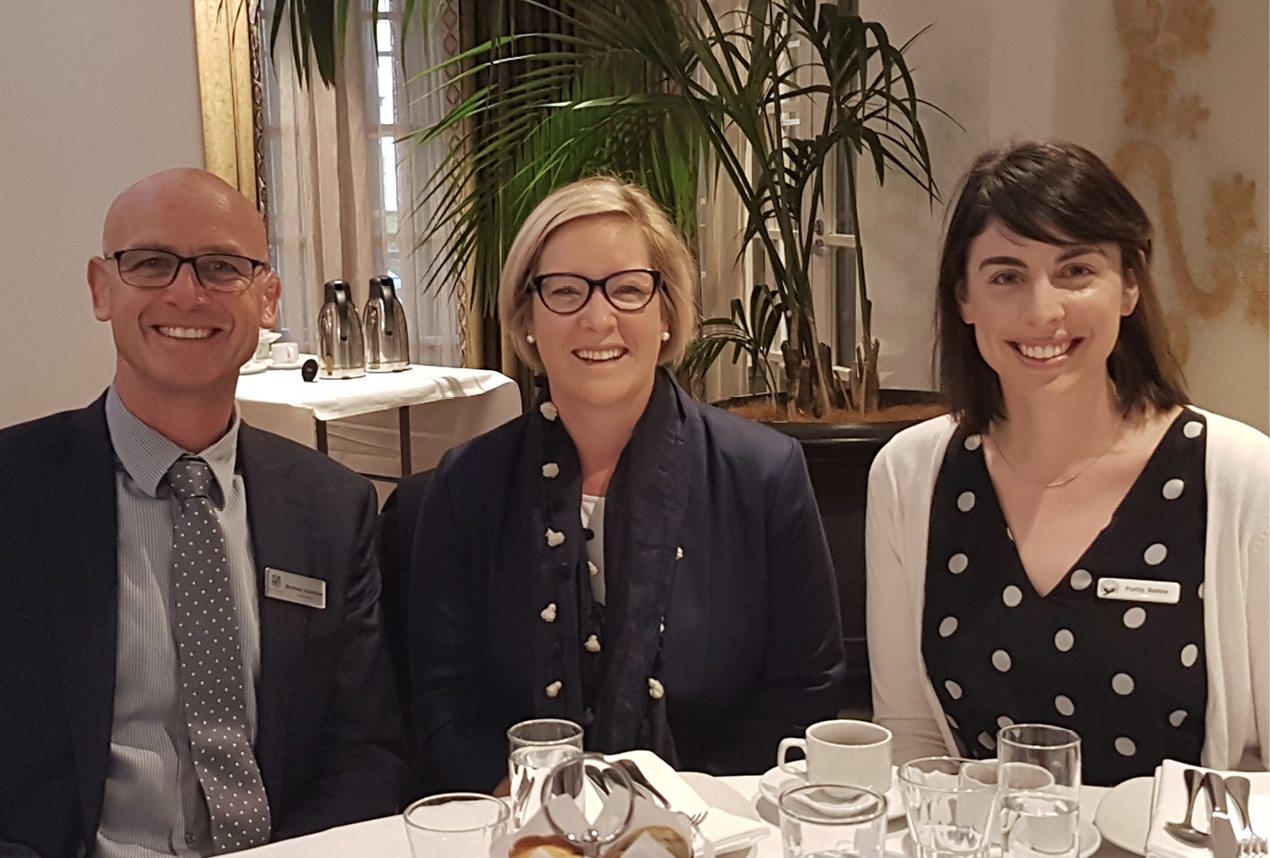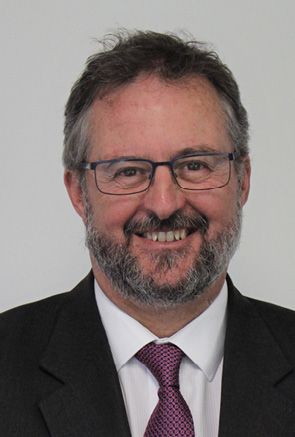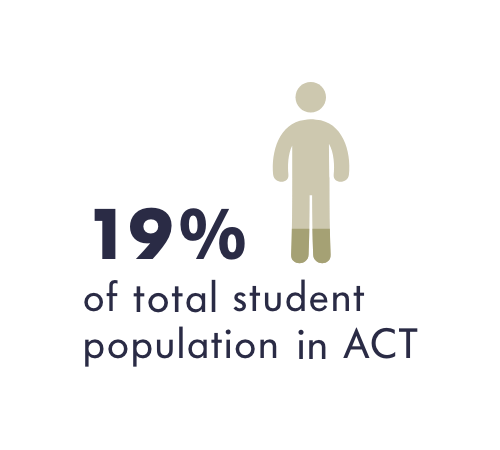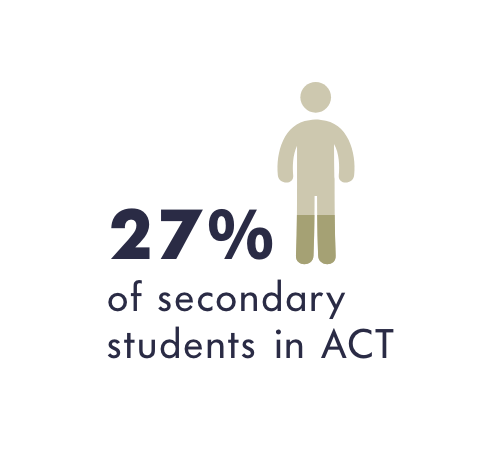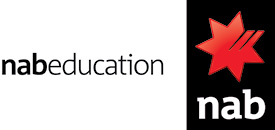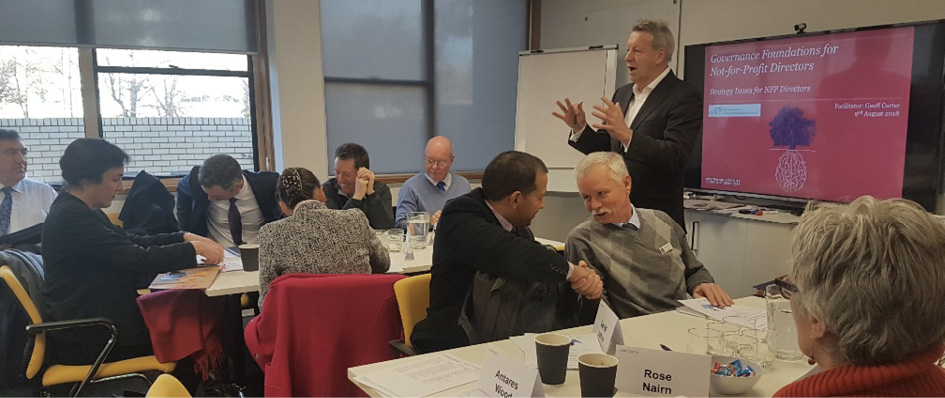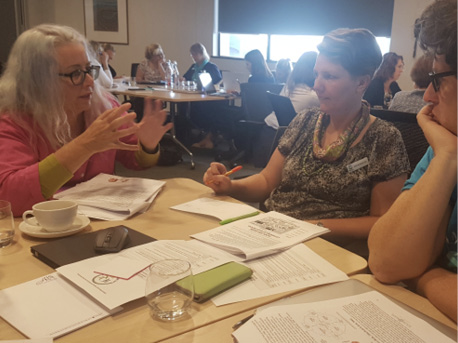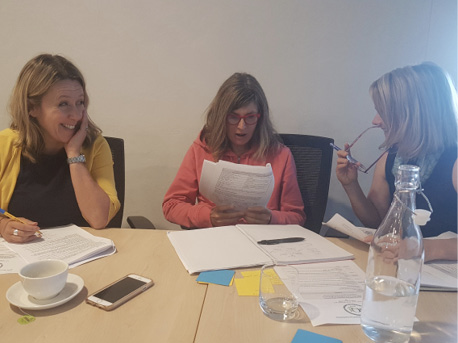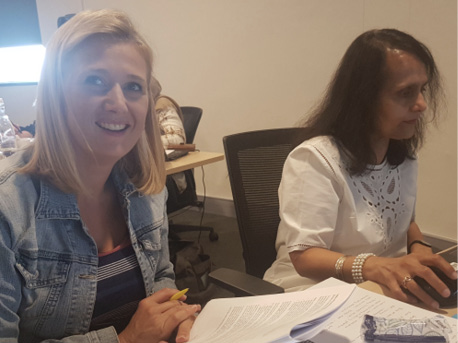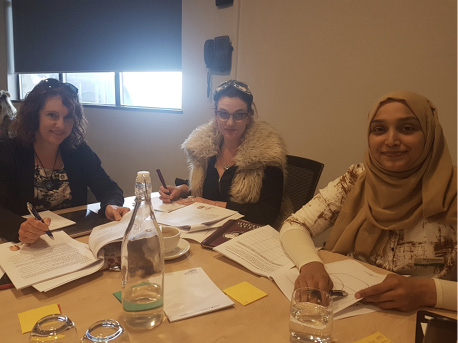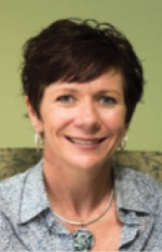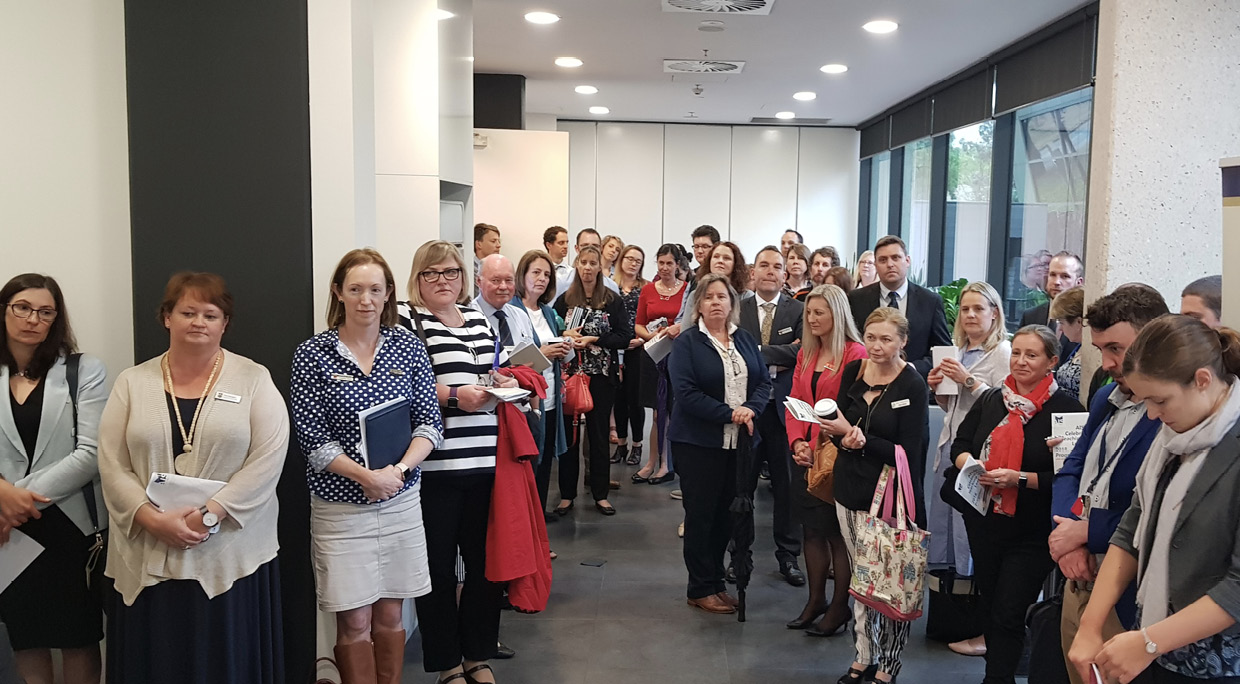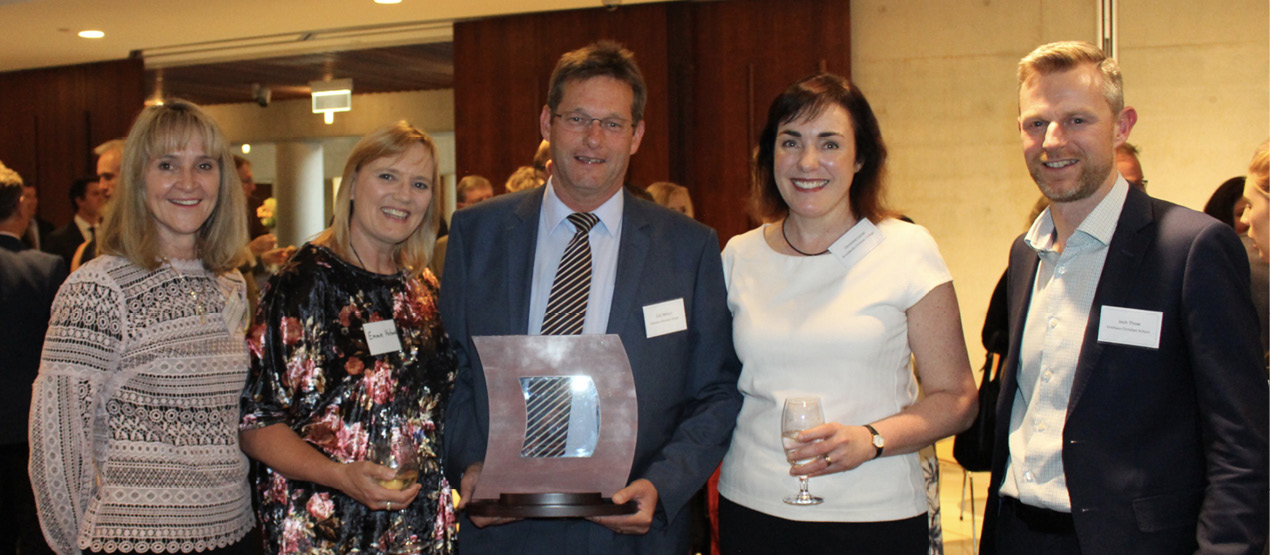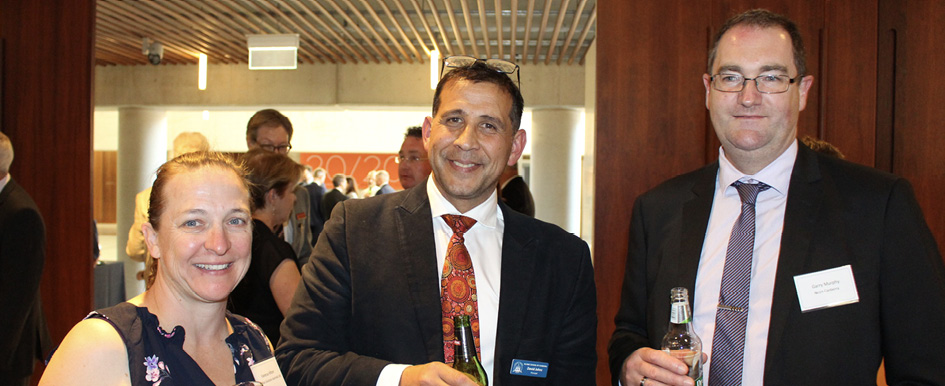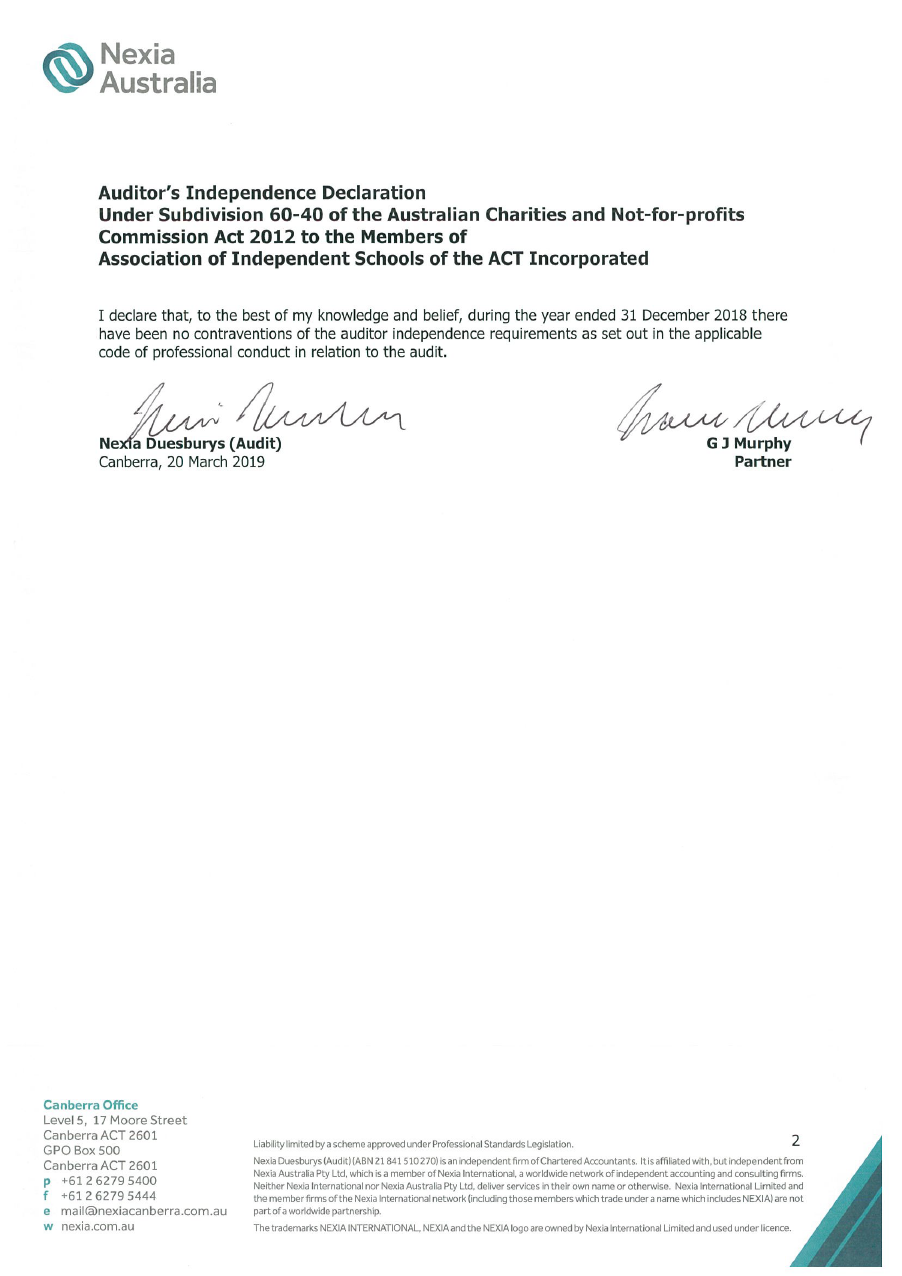Professional Learning
Teaching and Learning
The Australian Curriculum is designed to develop successful learners, confident and creative individuals, and active and informed citizens. It is presented as a progression of learning from Foundation-Year 10 that makes clear to teachers, parents, students and others in the wider community what is to be taught, and the quality of learning expected of young people as they progress through school.
The Australian Curriculum Implementation Schedule for ACT Schools outlines the requirements for implementing the K-12 Australian Curriculum. The Office of the Association supports schools to ensure that the Australian Curriculum taught is the most current curriculum published by ACARA on the Australian Curriculum website. Cross-sectoral Communities of Practice (CoP) in subject specific areas help to build shared understanding and enhance teaching practice.
Currently, the ACT Cross-sectoral Curriculum Group (ACTCCG) works collaboratively on jurisdictional curriculum implementation matters such as the annual ACARA monitoring report. The ACTCCG provides advice to the Minister regarding implementation of the Australian Curriculum across the ACT and shares curriculum implementation challenges and strategies.
Throughout 2018, the AISACT Teaching and Learning Subcommittee has continued to inform and support the work of the Association. The Subcommittee was formed by the Association’s Executive Committee in 2015 for the purpose of supporting the work of the Association in the area of Teaching and Learning. It also brings together and aligns those aspects of the Strategic Intent associated with the Key Direction Support for Member Schools.
In 2018 the subcommittee’s membership numbers were increased, the benefits of doing so being that:
- Ideas and discussion would be reflective of more AISACT perspectives/voices
- Increased membership assisted in ensuring that robust numbers attend the quarterly meetings, in turn, providing better direction to the work of the Office
- Increased membership enhanced communication channels to Member Schools regarding existing and emerging teaching & learning programs and opportunities.
In July of this year, the Teaching and Learning Subcommittee was instrumental in responding to an invitation from the Standing Committee on Education, Employment and Youth Affairs of the ACT Legislative Assembly to contribute to an AISACT submission to its Inquiry into Standardised Testing in ACT Schools. The resulting paper reflected the professional and considered opinions of representatives from a range of independent schools, and staff from the office of the Association of Independent Schools of the ACT.


The AISACT Australian Curriculum K-10 Workshop series
Throughout 2018, The Australian Curriculum K-10 Workshop Series, based on the work of Dr Tracey McAskill, provided insightful learning opportunities for all AISACT teachers and coordinators. Each workshop was extremely well attended and St Edmund’s College generously provided the venue and videography skills. The input for each workshop is based on the work of Dr Tracey McAskill who managed the development of 24 of the 34 subjects of the F-10 Australian Curriculum. She also developed the validation of achievement standards process and managed the implementation of this process for all 34 subjects of the Australian Curriculum. The workshops provided a foundation for effective use of the standards to plan for student learning, to develop assessment, to make judgements about student performance and to effectively differentiate instruction to meet the needs of all students. These workshops were TQI accredited.
Workshop Overviews:
Workshop 1: Unpacking achievement
standards and levels of performance
The most important element in a standards-based curriculum is the standards and yet in the Australian Curriculum, the achievement standards are the most difficult element to understand. This workshop emphasised the structure and language of achievement standards. By the end of the workshop, participants had the tools to unpack the achievement standards and understand how to use them to discriminate between levels of achievement or student performance.
| Scored 8 and Above |
Before |
After |
|
I now have the necessary
understanding and
skills to unpack an
achievement standard.
|
15.9%
|
75.3%
|
|
I can now identify the levels
of performance within an
achievement standard and
report achievement on a
five point scale.
|
21.6%
|
76.7%
|
Workshop 2: Standards-based
planning and assessment
This workshop lead participants through the backwards design planning process using the Australian Curriculum. This process begins with the end in mind [achievement standard] and then derives the curriculum from the evidence of learning [skills and understandings] and the teaching needed to equip students to perform [Content descriptions]. This workshop deepened participants’ understanding of achievement standards and their role in planning for student success. A key take-away message was that planning using the Australian Curriculum is not a checklist of content descriptions. The workshop clarified the intention of the Australian Curriculum and the relationship between achievement standards, content descriptions and assessment.
| Scored 8 and Above |
Before |
After |
|
I understand the relationship
between achievement
standards and content
descriptions.
|
25.1%
|
86.6%
|
I must say how fantastic and helpful I have found the
workshops in the Australian Curriculum K-10 Workshop series.
It has made such a difference to our planning and reporting for this semester.
Just a note to say how grateful I am to you for organising these workshops. They have shaken resistance and catalysed change in a profound way.
Workshop 3: Using the Australian
Curriculum to differentiate
The Australian Curriculum assumes that all students can and will learn. Teachers are tasked with ensuring every student learns age-appropriate content and achieves year or band level learning expectations as described in the curriculum or in ILPs. Yet, increasingly, each classroom has a range of students with varying levels of readiness, learning preferences and interests. This workshop focused on how the Australian Curriculum can be used to differentiate content, process and product, with a focus on achievement standards. A number of practical examples were unpacked to develop understandings about how to change the complexity and breadth and depth of learning to support, enrich or extend students.
| Scored 8 and Above |
Before |
After |
|
I have the necessary strategies
to differentiate my lessons to
cater to the variety of student
needs in my class.
|
34%
|
77%
|
Workshop 4: Using the National Literacy and Numeracy Progressions to differentiate
In January 2018, ACARA released the National Literacy and Numeracy Progressions. The primary purpose of this resource is to provide a tool for teachers to locate students’ levels of literacy and numeracy to facilitate differentiated instruction. The workshop familiarised participants with this tool and provided strategies for schools to support the development of student literacy and numeracy so that students can achieve across all learning areas in the Australian Curriculum.
| Scored 8 and Above |
Before |
After |
|
I have the necessary
understanding and skills
to use the National
Literacy and Numeracy
Learning Progressions
|
0%
|
78.3%
|
Australian Curriculum 2018 General Capabilities in Action PL series
(TQI accredited)
This cross-sectoral series of workshops was delivered in partnership with curriculum specialists from ACARA, led by Danielle Cavanagh (Curriculum Specialist, General Capabilities). Four independent schools were involved in this pilot program, with artefacts shared via a General Capabilities Google Classroom. Catholic Education generously provided the venue for this cross-sectoral workshop series.
An overview of each workshop is provided below:
Workshop One: Understanding the General Capabilities
This session introduced each of the General Capabilities, providing participants with an understanding of how each capability is presented on the website and structured. Participants unpacked the continua and examples of practice.
Loved hearing about the examples of what’s happening in schools with the general capabilities
Great to go through all capabilities with a practical approach of how these can look in a classroom
Workshop Two: Connecting the General Capabilities to the Learning Areas
This session linked the General Capabilities to identified Learning Areas and provided opportunities for participants to work in small groups with ACARA curriculum specialists on how specific capabilities are embedded within learning area content. Proposed approaches were scaffolded via a Project template.
Really enjoyed seeing how the capabilities can be mapped to the Achievement Standards and how you can link to assessment tasks
Leaving reinvigorated and looking forward to developing a project
Project Progress Sharing session
Working in an appointment style process participants presented their project and the work undertaken to a small group to receive feedback. This session provided participants with an opportunity to discuss wins and challenges via the protocols of Empathy Map Canvas and Compass Points Canvas.
Left with a much clearer understanding of capabilities and their usefulness in classroom practice. Enjoyed learning about ethical and intercultural capabilities across all age groups.
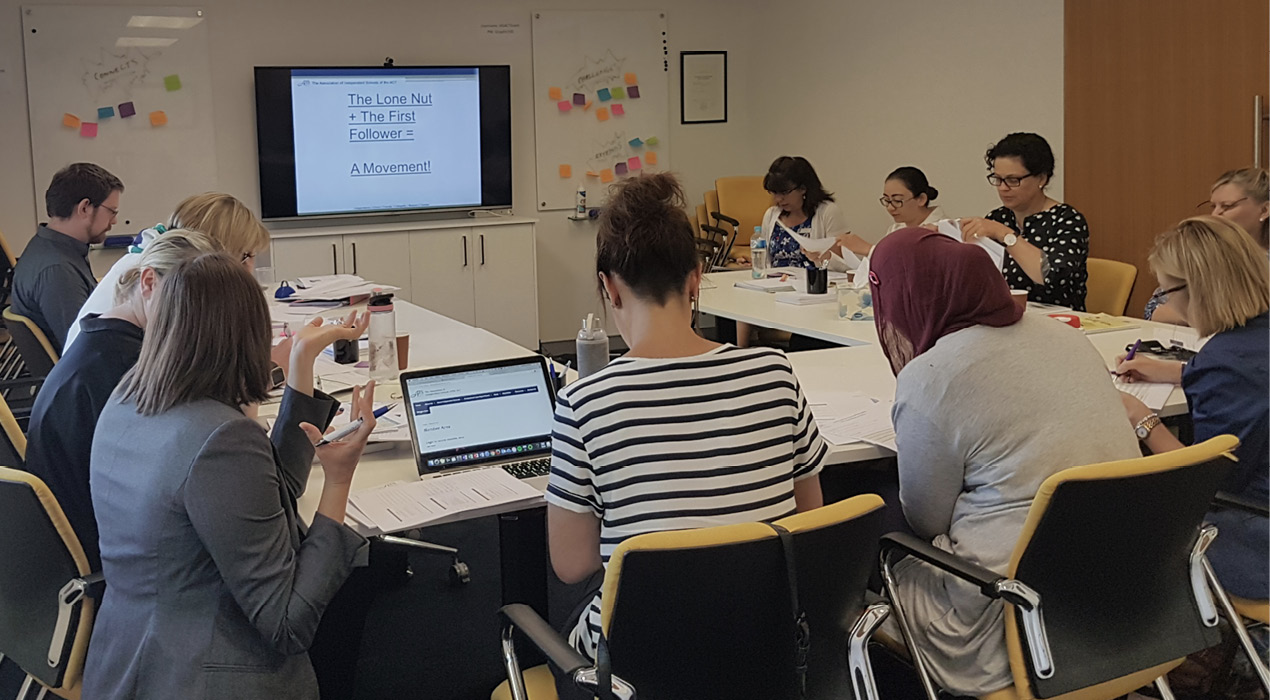
Marketplace
In this session schools presented their project and results. The session provided each school with an opportunity to present their own approach and investigate other schools’ approaches.
Great to hear about how the capabilities can support extensive differentiation
AISACT Literacy, Numeracy and STEM Coaching Academy
The 2018 AISACT Literacy, Numeracy and STEM Coaching Academy is a proven program that provides an opportunity for AISACT Member schools to further embed coaching as an approach to professional learning and instructional change. Through the provision of professional learning for a coach from the school site, and ongoing support from an AISACT mentor, 10 teachers expanded their coaching approach for school change.
Each nominating school identified an Instructional Focus Area (either reading, writing, numeracy, or STEM) based on current education data and plans. Participants provided an overview of this work at the 2018 Celebrating Teaching and Learning event.
This coaching approach is an opportunity to improve pedagogy and outcomes for our students and staff
This is a great opportunity to look at and use our data
I can directly apply some of these strategies and improve outcomes in writing
I’ve a thorough insight into new strategies for use in the classroom
The power of STEM to engage students in AC subjects is great
THE AISACT CURRICULUM DIFFERENTIATION FOR GIFTED AND TALENTED STUDENTS PROGRAM (3 YEAR TRAIN THE TRAINER MODEL)
(TQI accredited)
Concluding in 2018 a bespoke Train-the-Trainer Model of professional learning has, for the past three years, supported teachers in the development of a sound understanding of evidence-based best practice in gifted and talented education. The AISACT program was designed to align with current research and the Australian Curriculum and, in 2017, was showcased at the 22nd Biennial World Conference—Global Perspectives in Gifted Education.
Executive and classroom teachers from our independent schools have enhanced their understanding of the learning needs of gifted learners in their schools and current research and strategies which underpin the practical classroom, differentiation and whole school processes required to recognise and best support these learners. Participants have examined current situations within their teaching of gifted and talented students and subsequently improved classroom and whole school practice in the recognition and identification of gifted learners and the effective design and implementation of differentiated inquiry units of work.
Schools now support an expanded view of giftedness that focuses on abilities and talents in all areas of the Gagne’ Model. This may be evidenced in the appropriate and ongoing identification of gifted students across all designated areas of giftedness and talent; appropriate interventions to meet the specific characteristics of these students, research based inquiry-driven models to inform differentiated teaching and learning strategies; and, an increase in student engagement and well-being.
Participants presented their action research projects at the 2018 Celebrating Teaching and Learning event. Inquiry focus examples:
- How does understanding current staff attitudes and knowledge of Gifted and Talented Education influence the development of staff professional learning?
- To what extent does the use of ability testing better inform student placement in a gifted writing program?
- To what extent do students identified as having “high academic potential” benefit from differentiated structures and strategies developed and implemented to cater for their learning needs?
- Does teacher identification and perceptions of Gifted and Talented students match identification tools and general achievement?
- To what extent does identifying gifted students inform in-school provisions and opportunities?
- To what extent does acceleration (subject, whole grade and radical) improve student engagement with learning in their Zone of Proximal Development?
Very grateful for these
outstanding PL opportunities
Thank you for another
wonderful day full of learning,
practising, collaborating, etc…
Loved how the scary concept
of action research has been
made easier to understand
(and actually do)
Thank you for challenging my
thinking and practice
Another ‘crunchy eyebrow’,
thought provoking and
extremely useful session
AISACT LEARNING FRONTIERS JOURNEY
The AISACT Learning Frontiers community concluded its innovative journey in 2018. Originating in 2015, this program of targeted professional learning and engagement with some key strategic partners, established solid foundations for exploring innovative practices in teaching and learning.
In 2017 the journey of innovation continued, modelled on a Conversation Series. Teachers from AISACT Member Schools came together and considered opportunities to apply new approaches to teaching and learning, in response to specific provocations provided by leading practitioners in innovative practices.
Throughout 2018 this exciting journey of innovation continued via a forum that combined the powerful concepts of TeachMeets and Mastermind Groups. We acknowledge the commitment of Mr Tim McNevin who pioneered and supported the AISACT Learning Frontiers community throughout this four year journey.
AUSTRALIAN CURRICULUM DIGITAL TECHNOLOGY WORKSHOPS
(TQI accredited)
Throughout 2018 a total of seven cross sectoral workshops were delivered for teachers by Toni Falusi, the ACT Project Officer for the Adelaide University Computer Science Education Research (CSER) MOOC project. These workshops assisted teachers to develop their skills and knowledge of the Australian Curriculum: Digital Technologies. This was achieved by supporting teachers to progress through the MOOC content and hands-on workshops with a variety of tools such as Sphero, Edison, Ozobot, MakeyMakey, Microbit and unplugged activities.
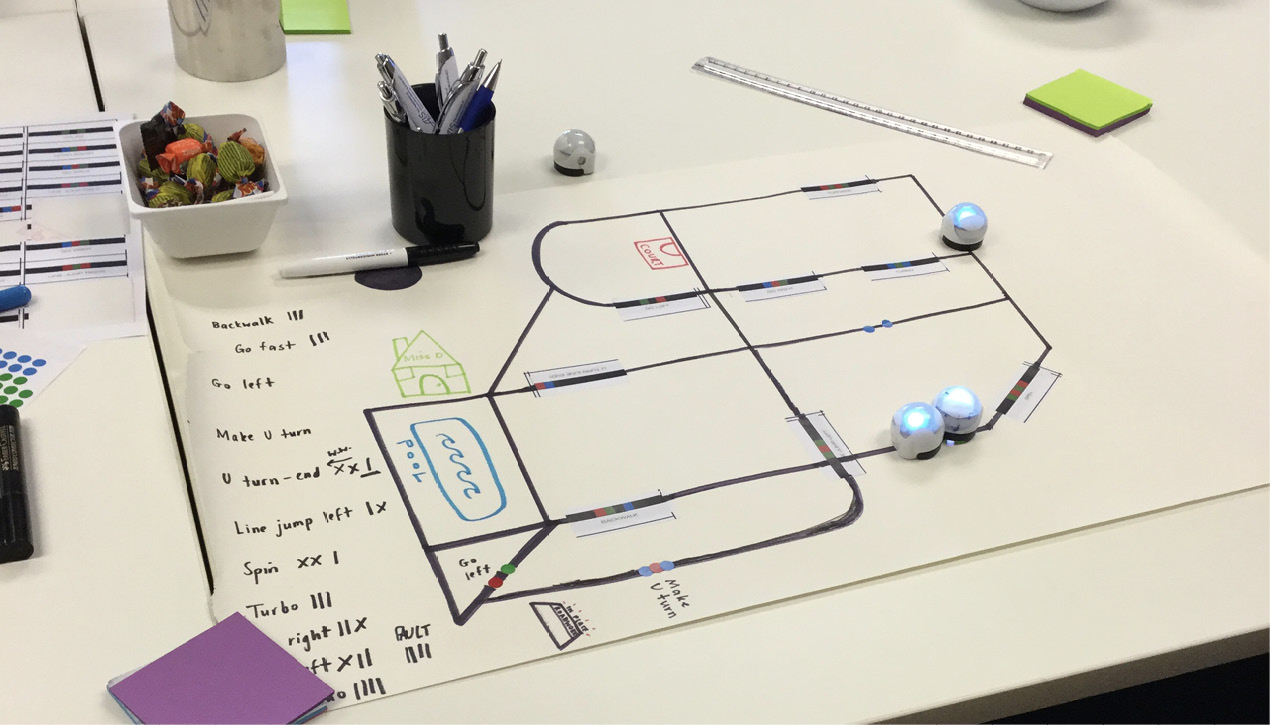
2018 AISACT EMERGING LEADERS PROGRAM
Following the success of the AISACT Emerging Leaders Program in both 2016 and 2017, AISACT was delighted to offer a version of this program again in 2018. This exciting program was developed with, and delivered by, AIM ACTNSW to emerging leaders across AISACT Member Schools and was accredited by TQI.
The program aligns with contemporary adult learning methodology, consequently blended learning underpinned the delivery approach. While customised for AISACT member schools within the ACT and Australian education context, the learning outcomes also provide alignment with the nationally recognised Advanced Diploma of Leadership and Management.
In 2018, 18 staff from a range of Member Schools participated in the program. Each participant presented their project at the 2018 Celebrating Teaching and Learning event covering topics such as:
- Accelerated Mathematics Program
- Review of Modification and Adjustment
- Students at Risk Identification Procedures
- Co-curricular Programs: past, present, future
- Literacy Essentials
- Where they belong, they flourish
- Implementing change based on the History challenge
- Induction and Procedures manual
- Feedback and Feedforward
- Differentiation
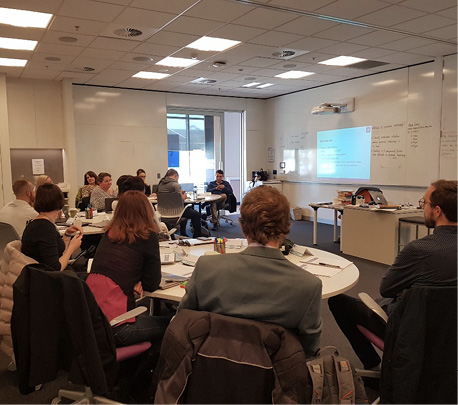
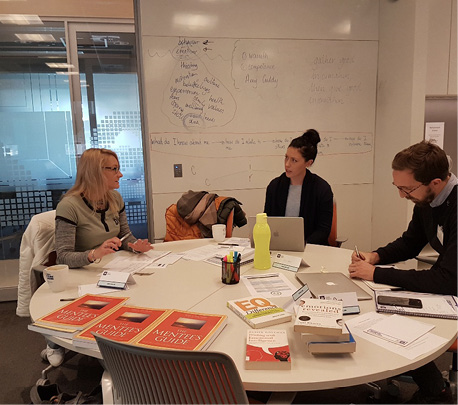
Leadership Coaching Professional Learning
Alumni from past AISACT programs were provided with two opportunities throughout 2018 to attend a coaching workshop. The Introduction to Leadership Coaching two day program, provided by Growth Coaching International (GCI), was attended by a range of teachers from across the ACT education sectors and received excellent feedback.
NAPLAN and SCOUT
The transition to NAPLAN Online in 2018 for the majority of Member Schools was significant and the mechanics of preparing for, and conducting the assessments, have been anecdotally reported as varying from school to school. The majority of participants stated that the preparatory time component was found to be significant, however, it is anticipated that the impact on time will be reduced over the next couple of years as processes become streamlined.
A benefit of moving to NAPLAN Online is the faster receipt of more useful information for use in the classroom. The Student and School Summary Report (SSSR) is the first time that NAPLAN information has been received so quickly at the school level and it is expected to improve the timelines even more in the future.
The transition from SMART to Scout, a Microsoft platform called Power BI, also supports the analysis of NAPLAN data. This cloud based application, accessible via the Scout website, provides independent schools with three Apps – NAPLAN Item Analysis, School Performance and Student Performance. Workshops providing Scout training were well attended.
reSolve: Maths by Inquiry Showcase
This year, the federal government- funded project, reSolve: Mathematics by Inquiry, drew to a close with a showcase event at The Shine Dome on 15 August. This national project, managed by the Australian Academy of Science in collaboration with the Australian Association of Mathematics Teachers, was designed to promote a spirit of inquiry in school mathematics.
We are delighted to congratulate 24 reSolve ACT Champions (of which nine are from ACT independent schools) who undertook a 12-month professional learning program, Leading reSolve, which equipped them with the skills and knowledge to help others engage with inquiry in school mathematics.
ACT Teacher Mentoring Mini-Conference: Mentoring for School Improvement
Organised by the ACT Teacher Quality Institute, this mini-conference was held on the 18 October at the Hedley Beare Centre for Teaching and Learning. Of the eight workshops, two were provided by teachers from AISACT Member Schools.
The Embedded Coaching Model
(Murray McKay – Canberra Girls Grammar School)
A program designed to embed effective professional learning in teams to support 21st century pedagogy. Embedded Coaching is an equivalent of the ‘think, pair, share’ model where Professional Learning is tied to team goals and school vision.
Learning Cells Coaching Model
(Jason Ward and Naomi Cole – Trinity Christian School)
Trinity Christian School uses Learning Cells as the next phase of its teaching mentoring program. The aim is: Developing Skills and Expertise as Educational Professionals.
